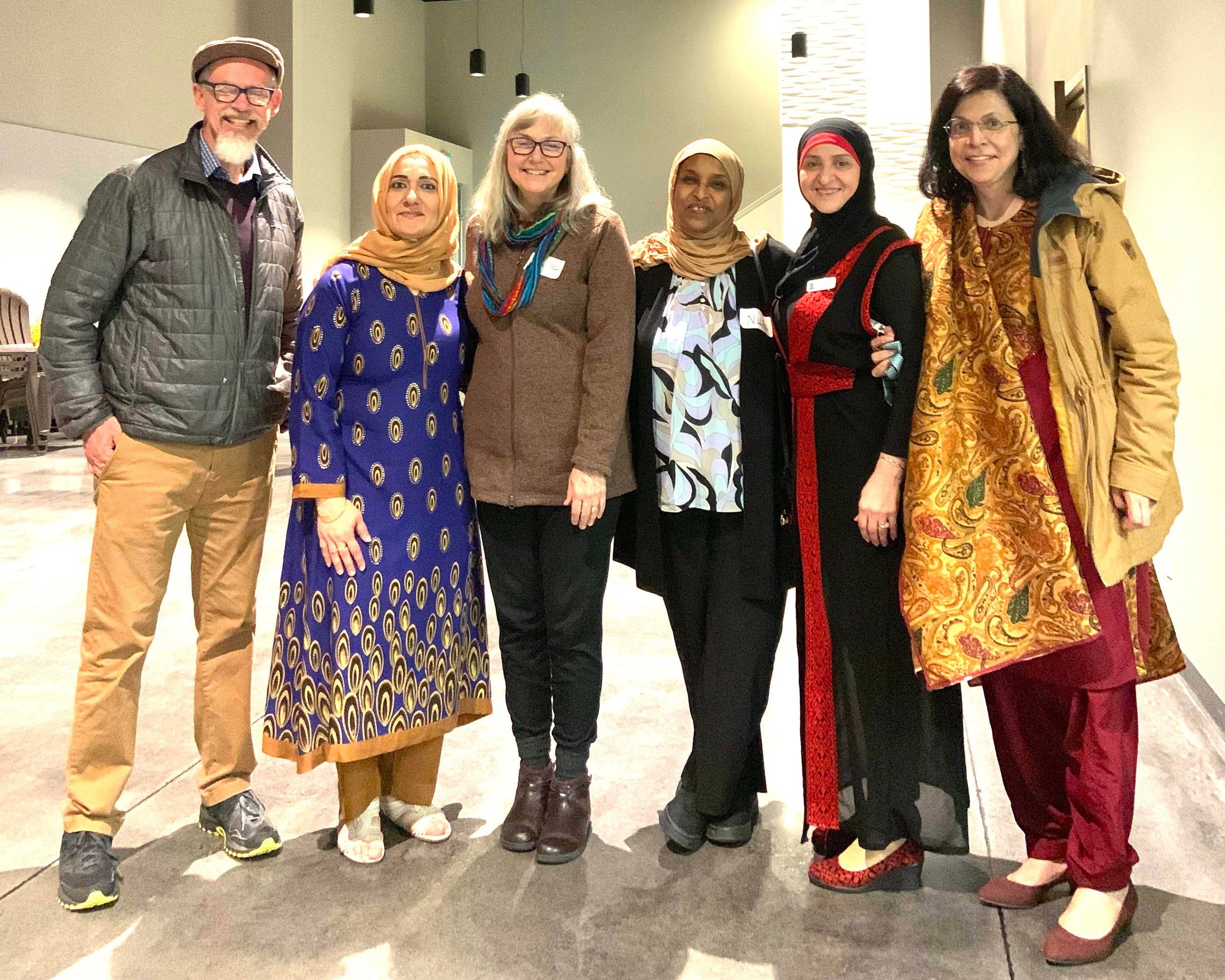It's a Miracle!
by Rick Love
Something magnificent just happened … in fact you could call it a miracle. God led the World Council of Churches, the Catholic Church, and Evangelicals to work together. Not only did they reflect amazing unity in working together, but they actually agreed upon the church’s responsibility to bear witness in a multi-religious world. Two miracles in one document!
Over a five year period, the Pontifical Council for Interreligious Dialogue (PCID), the World Council of Churches (WCC) and the World Evangelical Alliance (WEA), produced a document called Christian Witness in a Multi-Religious World: Recommendations for Conduct.
There are three main parts to the document. The first, “The Basis for Christian Mission,” lays out the biblical foundations for mission. The second section, “Principles,” outlines 12 principles Christians are called to follow concerning witnessing in a manner consistent with the Gospel. The third section, “Recommendations,” describes six practical ways that Christians, church bodies, and mission organizations and agencies can make use of this document.
This monumental document is timely. Both Christianity and Islam are missionary faiths. Large numbers of Christians convert to Islam on a regular basis, and large numbers of Muslims become followers of Jesus on a regular basis. How can both Muslims and Christians respectfully bear witness to their faith and yet live in peace?
Bearing witness in a post 9/11, globalized, and pluralistic world makes this even more challenging. I recently lectured on these issues at the Yale Building Hope Conference. My topic: The Ethics of Da’wah (Islamic outreach) and Evangelism, Freedom of Religion, and Respect for the Other.” I wish this document had been completed when I gave this lecture. The recommendations it provides are exactly what I mean when I describe the “ethics” of da’wah and evangelism. We need agreed upon guidelines on how our witness is consistent with the good news we seek to share.
According to this article in Christianity Today, evangelical missiologists are encouraged by the unity demonstrated in this document but critical of its content. For example, some felt there was not sufficient emphasis on evangelism as proclamation. So I quickly reviewed the document again to see if they were right. Certainly this document was not written by evangelicals, for evangelicals, so it doesn’t read like an evangelical document.
However, the second sentence in the document reads, “Proclaiming the word of God and witnessing to the world is essential for every Christian.” And again later, “Christian witness … takes the form of proclamation of the kingdom, service to neighbour, and the total gift of self even if that act of giving leads to the cross.”
It does mention proclamation, but not to the extent that many evangelicals would like. But so what? I don’t think we should expect too much from this consensus document. It merely outlines recommendations – and they are excellent.
This is a groundbreaking document of great value. But it’s just a start. We need to encourage followers of Jesus around the world to engage with this document and apply its precepts. It also provides a new opportunity for me on the Da’wah-Evangelism Peace Project. I look forward to working with Joseph Cumming of the Yale Reconciliation Program and Steve Tollestrup of the World Evangelical Alliance Peace and Reconciliation Initiative on these profoundly important issues. It will take more miracles to implement this!










